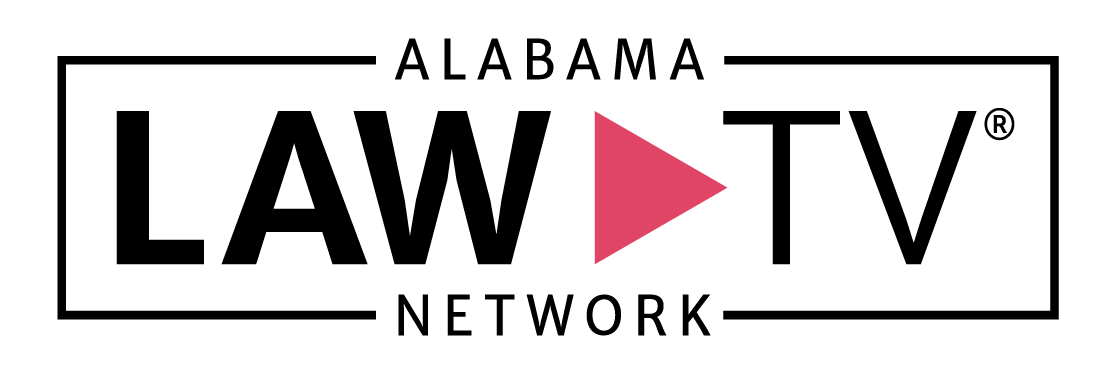Medicare Savings Program
For beneficiaries of Social Security Disability Insurance (SSDI), eligibility for Medicare begins 24 months after entitlement to cash benefits. Medicare is a health insurance program for people 65 years of age and older, disabled individuals under 65 years of age, and people with end-stage renal disease who are treated with dialysis or a transplant. After 24 months, SSDI beneficiaries are eligible to receive Medicare Part A and Part B. Part A is hospital insurance. Part B is medical insurance. Beneficiaries do not have to pay for Part A. However, most people have to pay monthly for Part B. For 2021, the standard Part B premium amount is $148.50.
Alabama Medicaid has 3 different Medicare Savings Programs for low-income individuals or couples who qualify for Medicare in order to help with the cost of the Part B premium. To be eligible for Medicare Savings Program, a beneficiary must :1) Be eligible for Medicare Part A, 2) Be living in Alabama, 3) Be a U.S. citizen or be in satisfactory immigration status, and 4) Have a monthly income below a certain limit.
The first Medicare Savings Program is the Qualified Medicare Beneficiary (QMB) Program. Under this program, Medicaid will pay the Medicare Part B premium, cover the Medicare deductible, pay the Medicare part A premium if certain conditions apply, and make agreements with providers who accept Medicaid so an individual will not have to pay the Medicare coinsurance (which is the 20 percent the individual would normally have to pay after Medicare pays its part). The income limit for the QMB Program is $1,094 per month (gross) for individuals and $1,472.00 per month (gross) for a couple.

 Navigation
Navigation